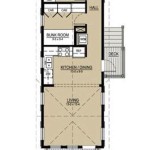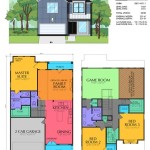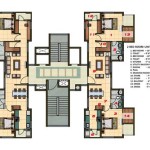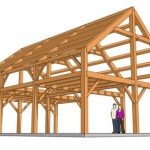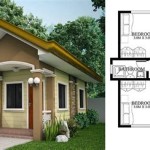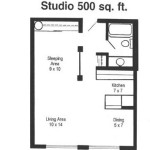Design A Home Floor Plan
Creating a home floor plan can be an exciting and challenging endeavor. It requires careful consideration of various factors, including your lifestyle, functional needs, and personal preferences. A well-designed floor plan not only enhances the aesthetics of your home but also ensures its functionality and comfort.
Here are some essential steps to guide you in designing a home floor plan:
1. Determine Your Needs and Lifestyle
Start by defining your current and future needs. How many bedrooms and bathrooms do you require? Do you need dedicated spaces for work, hobbies, or entertainment? Consider the number of occupants, their ages, and their specific requirements. This information will form the foundation for your floor plan design.
2. Study the Site and Orientation
The location and orientation of your home play a crucial role in its design. Consider the size and shape of the lot, as well as factors such as sunlight, prevailing winds, and views. Optimizing the natural elements can enhance energy efficiency, create comfortable living spaces, and maximize outdoor enjoyment.
3. Establish a Functional Layout
Organize the spaces within your home in a logical and efficient manner. Group similar functions together, such as bedrooms in one wing and living areas in another. Create smooth transitions between rooms and ensure adequate circulation space. Consider the flow of people and activities to avoid bottlenecks or awkward traffic patterns.
4. Consider Room Size and Shape
The size and shape of each room should be determined by its intended use. Bedrooms should be spacious enough to accommodate beds, furniture, and storage. Living rooms should be large enough for comfortable seating and entertainment. Consider the proportions and shape of each room to create visually appealing spaces.
5. Design for Natural Light and Views
Natural light enhances the atmosphere of your home and reduces energy consumption. Position windows and doors to maximize light penetration throughout the day. Consider the placement of windows to capture scenic views and create a connection between indoor and outdoor spaces.
6. Plan for Storage and Built-Ins
Adequate storage space is crucial for maintaining a tidy and organized home. Plan for built-in closets, shelves, and cabinets wherever possible. Utilize vertical space by designing tall storage units that reach the ceiling. Consider hidden storage solutions to conceal clutter and preserve the aesthetics of your rooms.
7. Pay Attention to Architectural Details
Architectural details, such as crown moldings, baseboards, and decorative elements, can add character and depth to your home. Incorporate these elements in a balanced and cohesive manner to complement the overall design style. Consider the height of ceilings, the shape of windows, and the materials used to create a unique and visually appealing home.
Remember, designing a home floor plan is an iterative process. It may require multiple revisions and adjustments to refine the layout and details. Consult with a professional architect or designer to ensure that your floor plan meets building codes, maximizes functionality, and reflects your personal preferences.

House Plans How To Design Your Home Plan

Floor Plans Types Symbols Examples

Small House Design Shd 2024007 Pinoy Eplans One Y Bungalow Plans Layout

Design Your Own Home House Designing Homes

House Floor Plans Your Best Guide To Home Layout Ideas

Floor Plans Learn How To Design And Plan

Check Out These 3 Bedroom House Plans Ideal For Modern Families

Tips For Selecting The Right Floor Plan Your Home Sater Design Collection

How To Draw A Floor Plan Top Mistakes Avoid Foyr

Creating A Great Floor Plan Tips From Home Designer

